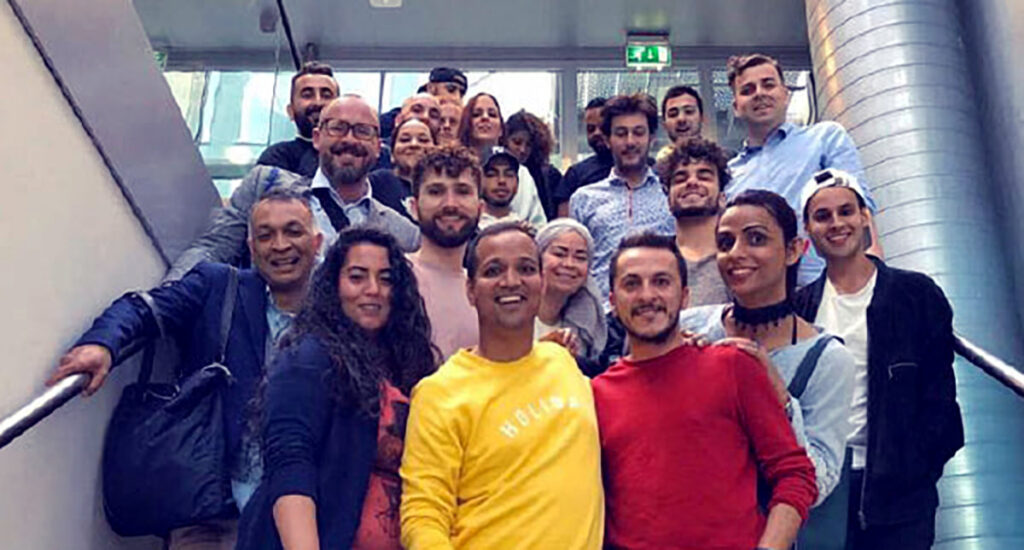International Conference on Religion
International Conference on Religion and Acceptance (ICRA)
Inspire, Connect, Reflect, Act
The International Conference on Religion and Acceptance (ICRA) is an annual, global gathering that serves as the largest platform for queer Muslims to come together. Organized by Maruf, ICRA combines activism, academia, and art to create a unique space for dialogue, reflection, and collaboration.

Program Highlights
- Conference and Retreat: ICRA is not just a conference, but also a space for retreat, offering participants the opportunity to connect, reflect, and recharge in a supportive environment. It brings together activists, scholars, and community members from around the world to discuss topics related to religion, faith, gender, and sexual diversity.
- Panels and Workshops: The event includes engaging panels on issues such as intersectional justice, queer Muslim geographies, and the challenges faced by LGBTQI Muslims. Workshops provide practical skills for advocacy, leadership, and navigating religious and cultural identities.
- Networking and Think Tanks: ICRA fosters collaboration through networking opportunities and think tanks. These sessions delve deeper into how participants can build a more inclusive future for queer Muslims. The conference’s think tank component gathers experts from various fields to discuss pressing issues and envision solutions for the future of the queer Muslim movement.
- Cultural and Artistic Exchange: ICRA also highlights the role of art in activism. From film screenings to exhibitions and performances, art plays a central role in expressing the unique experiences of queer Muslims and fostering deeper understanding.
Support ICRA
ICRA has successfully created a transformative space for queer Muslims, combining the intellectual rigor of academic discussions with the practical support of community-building and activism. It addresses crucial challenges facing queer Muslims and strengthens their capacity to advocate for social justice, inclusion, and acceptance, both within their communities and globally. The event’s emphasis on fostering dialogue, reflection, and healing makes it more than just a conference—it is a crucial pillar in the movement for queer Muslim empowerment, offering both a platform for voices and a retreat for personal growth